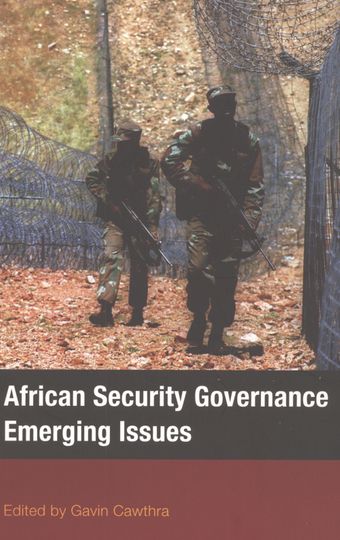- Home
- Books
- African Security Governance
- Chapter
Security: Some critical observations about concepts and policies

- Author: Dietrich Jung
- Main Title: African Security Governance , pp 6-18
- Publication Date: November 2013
- DOI: https://doi.org/10.18356/2f637769-en
- Language: English
Since the end of the Cold War, a heterogeneous group of actors — states, international organisations, and non-governmental organisations — increasingly has pursued and promoted interventionist policies under labels such as post-conflict state and peace-building. The terror attacks of 11 September 2001, and the subsequently proclaimed ‘war on terror’, gave a further boost to this interventionist tendency in international politics. From this crucial point onward, the Bush administration, which once assumed office on a rather non-interventionist foreign policy agenda, began participating in this new trend and even added the goal of regime change to it. Linking international security, state-building, and development, a number of scholars and pundits have engaged in justifying this new United States foreign policy agenda that Mark Berger labelled ‘democratic imperialism’ (Berger 2006: 7).
© United Nations
ISBN (PDF):
9789210564540
Book DOI:
https://doi.org/10.18356/d31e63d6-en
Related Subject(s):
Democracy and Governance
Sustainable Development Goals:
-
From This Site
/content/books/9789210564540c003dcterms_title,dcterms_subject,pub_keyword-contentType:Journal -contentType:Contributor -contentType:Concept -contentType:Institution105
/content/books/9789210564540c003
dcterms_title,dcterms_subject,pub_keyword
-contentType:Journal -contentType:Contributor -contentType:Concept -contentType:Institution
10
5

